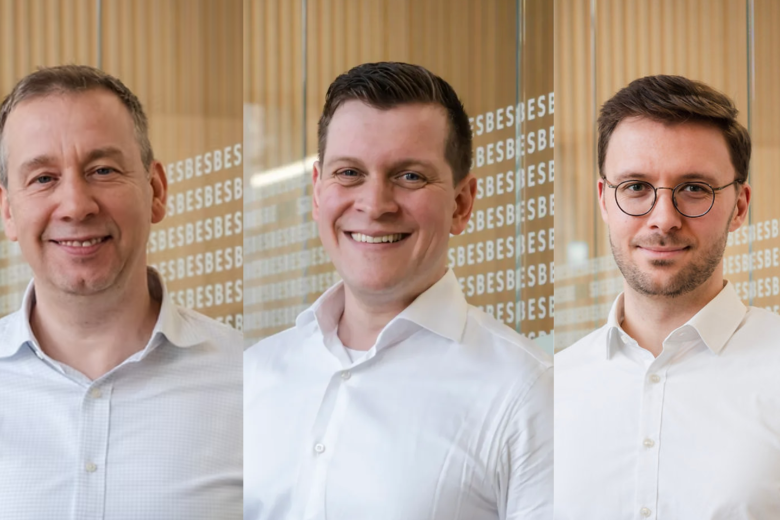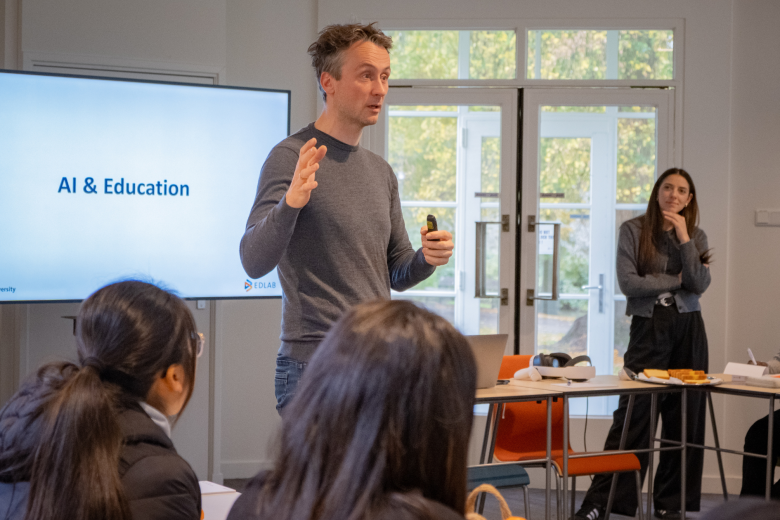Why Do People Share Fake News? A Quick Dive into the Psychology of Sharing
Ever wondered why fake news goes viral on social media? A recent study by researchers François t’Serstevens, Giulia Piccillo, and Alexander Grigoriev sheds light on this intriguing phenomenon. Here’s what they found and why it matters to us, especially as students navigating a digital world filled with endless information.
- Perceived Truth Drives Engagement
People are more likely to interact with content they believe is true. This “activist behavior” shows that belief in the content can make users more likely to share it. - Fake News Has a Unique Appeal
Despite people prioritizing truth, fake news gets the most engagement. It’s not just bots amplifying this; humans are surprisingly drawn to falsehoods, especially when they believe they’re true. - Believing in Fake News Amplifies Sharing
When fake news is perceived as true, it spreads like wildfire. This is even more intense than the sharing of real news.
Why Does This Happen?
Fake news often appeals to emotions, biases, or sensationalism, which makes it more "shareable." Even outside the usual algorithm-driven echo chambers of social media, participants in the study showed a bias toward engaging with false content when they thought it was real.
So, what can you do?
We spend hours scrolling through social media. Here’s how you can help stop the spread of fake news:
- Fact-Check Before You Share: Use tools like Snopes or FactCheck.org.
- Be Skeptical of Sensational Headlines: If it seems too wild to be true, it probably is.
- Think Before You React: Your like or comment can amplify misinformation.
Understanding why fake news spreads is a step toward combating its harmful effects. The researchers suggest that efforts like educating users to spot fake news or flagging it for verification could help reduce its spread.
As digital natives, we have the power—and responsibility—to shape how information travels online. Let’s make sure we’re part of the solution, not the problem.
Also read
-
Teacher Information Points at UM
UM faculties now host Teacher Information Points (TIPs) that offer local, “just-in-time” and on-demand support for teaching staff. The aim is simple: to provide help that is closely connected to day-to-day teaching practice.

-
Shaping the future of marketing: SBE scholars at the forefront of research and teaching
Three faculty members from SBE’s Department of Marketing & Supply Chain Management, Prof. Dr. Dominik Mahr, Dr. Jonas Heller, and Dr. Tim Hilken, combine cutting-edge research with innovative teaching and mentorship. From exploring the societal implications of digitalisation in courses such as...

-
UWC Maastricht students get a taste of education innovation at EDLAB
On 21 October 2025, EDLAB hosted students from United World College Maastricht for the second year in a row, as part of their Youth Social Entrepreneurship programme.
